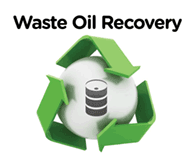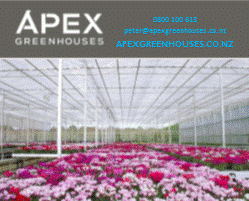Called a transparent luminescent solar concentrator, it can be used on a range of structures such as greenhouses, cell phones or any other device that has a clear surface.
According to Richard Lunt of MSU's College of Engineering, the key word is ‘transparent’. "No one wants to sit behind coloured glass," said Lunt, an assistant professor of chemical engineering and materials science. "It makes for a very colourful environment, like working in a disco. We take an approach where we actually make the luminescent active layer itself transparent."
Research in the production of energy from solar cells placed around luminescent plastic-like materials is not new. These past efforts, however, have yielded poor results – the energy production was inefficient and the materials were highly coloured.
The solar harvesting system uses small organic molecules developed by Lunt and his team to absorb specific nonvisible wavelengths of sunlight.
"We can tune these materials to pick up just the ultraviolet and the near infrared wavelengths that then 'glow' at another wavelength in the infrared," he said.
Source: sciencedaily.com



 Classifieds
Classifieds



